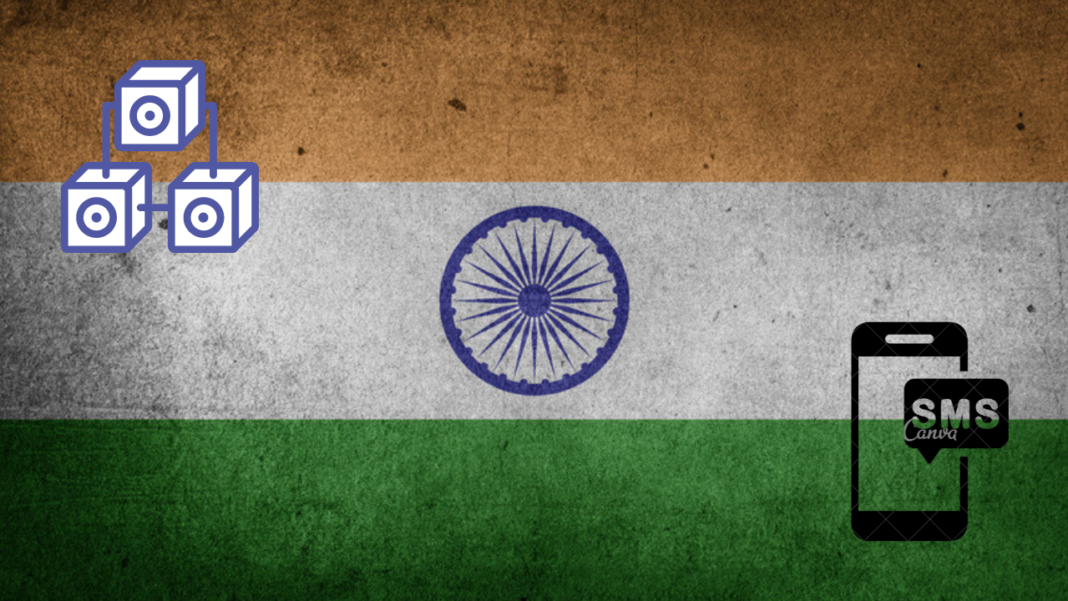The issue of regular and overwhelming spam messages is a common sight in the world’s second-highest populated country. To tackle this, the country’s telecom regulation agency has devised new regulations to protect consumers from spam SMS using blockchain. The Telecom Regulatory Authority of India (TRAI) established messaging regulations requiring scrubbing consumer communication messages. As a result, this ensures that the receiver only gets the message if they have opted for such interactions. Following those regulations, the state-owned Bharat Sanchar Nigam Limited (BSNL) has developed DLT, a content verification platform. The platform is built on ledger-based blockchain protocols.
The telecom provider has registered 7,477 businesses on its blockchain-based communication platform. Moreover, the list includes banks, educational institutions, and private companies. Also, TRAI has warned that entities not complying with the rules will face blocking. In their words:
“The Telecom Regulatory Authority of India will accept no reason, give no consideration, and no extension to all those who have not streamlined their SMS process. Let their businesses suffer 100%.”
BSNL DLT will screen every SMS of the business against pre-registered messaging templates hosted on the blockchain. However, if the message doesn’t match, the telecom provider will block the message.
While the state of crypto is unknown in India, its commitment to a blockchain is strengthening gradually. Also, the Indian Institute of Technology Madras (IITM) joined 38 global organisations in governing the Hedera public ledger. This is a part of the Hedera Governing Council.
According to professor Prabhu Rajagopal from IITM’s Center for Nondestructive Evaluation, the institution will test use cases around public blockchains. Then, it will use them for payments, healthcare, industry, and digital media.
Related Stories:

